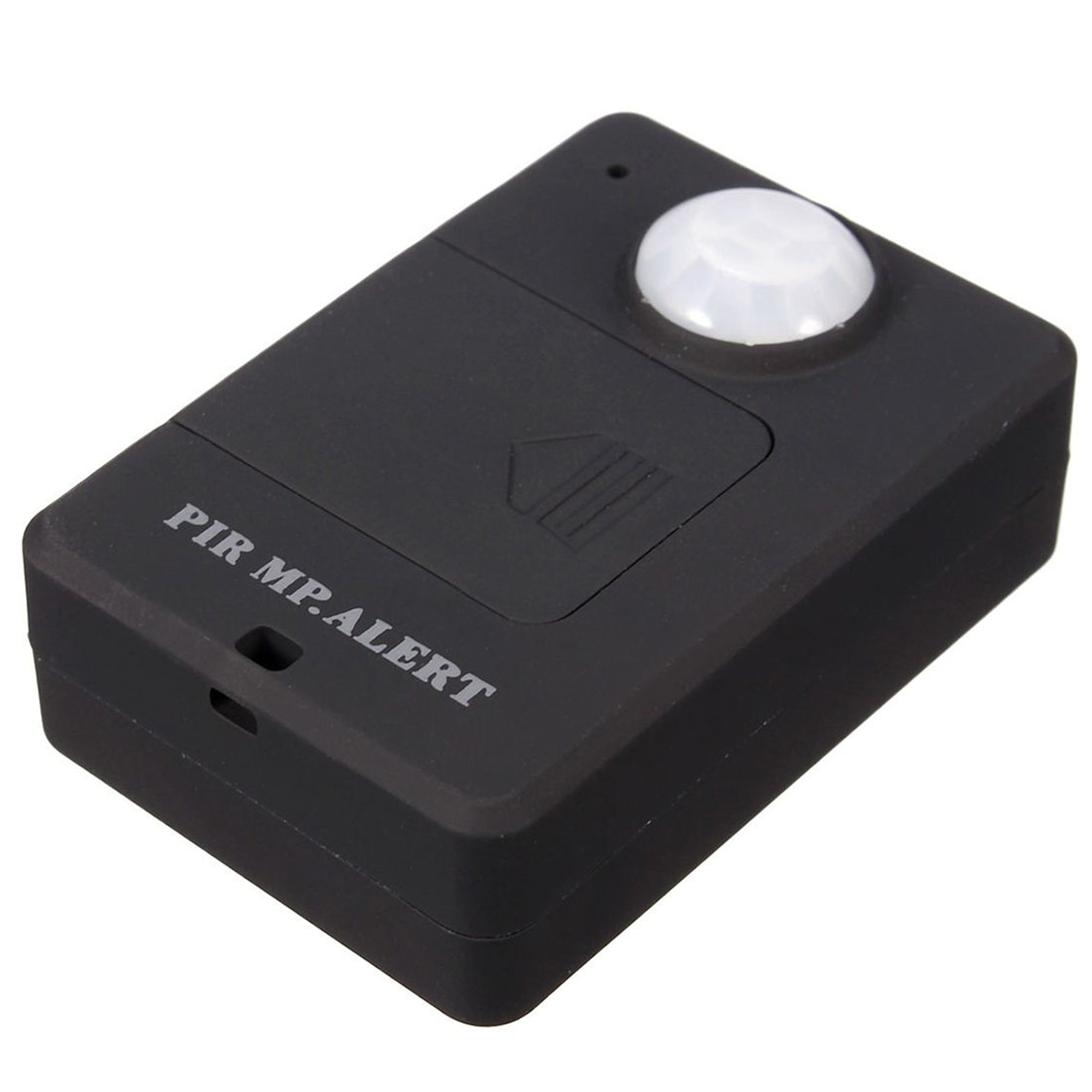

There are 38 states, and the District of Columbia, that allow individuals to record conversations with their knowledge, but do not require them to tell the other party. Audio Surveillance State by State Laws: One Party Consent Statutes As many as 24 states outlaw the use of hidden cameras put in private places. Some states have made laws against the criminal use of recordings even when consent is given. Laws at the federal and state levels make it illegal to reveal the content of any call or communication that was intercepted illegally. Most states do have laws dealing with eavesdropping and wiretapping, but they generally apply to the electronic recording of all conversations, including conversations on the phone or personal interviews. By doing this, it will enable the user to ensure that their methods do not make them guilty of breaking federal wiretapping laws. It is strongly recommended that the laws about using audio surveillance systems be studied at the local, state, and federal levels before installing them. Retail stores post signs of recording taking place for their customers, and that is sufficient. Many employers inform their employees of recording taking place in the employees’ handbook, which are then signed and dated. If they choose to remain in the area, then it means that they are consenting to the conditions. Signs are enough to inform people that visual and audio recording is occurring. Most states do not permit the use of covert audio in:īy posting signs, recording can be legal, if the signs state that both video and audio recording is taking place. When using a camera that has a built-in microphone, care must be used to ensure that the audio is not turned on, or else buy one that does not have a microphone.īusinesses can avoid legal problems if the employer informs the employees that recording is taking place when hiring, and by using a contract that is signed by the employee. Some states permit video surveillance but not audio. Obviously, there are some places where individuals do not want to be recorded, such as in bathrooms, dressing rooms, showers, etc. Some states do permit it if one party is aware of it.Ĭaution must also be used when placing video and audio recording systems. When recording a private conversation, the individual or company responsible could be charged not only with eavesdropping, but also wiretapping. Before ever installing an audio recording device, you need to know all the laws that apply. Some state and local areas also have their own laws. The federal laws dealing with audio recording apply nationwide. Since audio recording is generally not legal, most people stick to video and picture evidence. In order for audio recording to be legal, whether it is in an office, a store, a building, a car, or in a room, all parties must be literally told that recording is occurring, and there must also be a sign posted that clearly reveals that audio recording is taking place. In plain words, it means that audio recording is not legal unless both parties know it is taking place.

United States Code, Title 18, Section 2510 says that verbal communication between two people believing that their conversation is not being intercepted is justifiable reason to assume it is not being recorded. Using an audio recording device to record telephone and phone conversations, or conversations in a room or car, is illegal. While an audio recording could be useful in an investigation or courtroom, most kinds of audio recordings are illegal. Audio Surveillance Equipment Issues and Legalities Adding audio surveillance capability to your CCTV can help make your business safer, more productive, and secure because it allows owners to hear conversations and helps them protect employees. A microphone enables CCTV users to not only watch what is happening, but they can also hear what words are being said. Various kinds of audio surveillance equipment, including surveillance microphones, can make a CCTV camera system even more useful. Users must ensure that they follow the laws of their state before employing such devices. When considering audio surveillance laws by state, most states have specific laws that govern the use of electronic recording of conversations of any kind. Updated July 22, 2020: Audio Surveillance Laws by StateĪudio surveillance laws by state can be different from other states. Audio Surveillance Cameras on Public Buses Audio Surveillance State by State Laws: All Parties Consent Statutes 6. Audio Surveillance State by State Laws: One Party Consent Statutes 5. Audio Surveillance State by State Laws 4. Audio Surveillance Equipment Issues and Legalities 3.


 0 kommentar(er)
0 kommentar(er)
